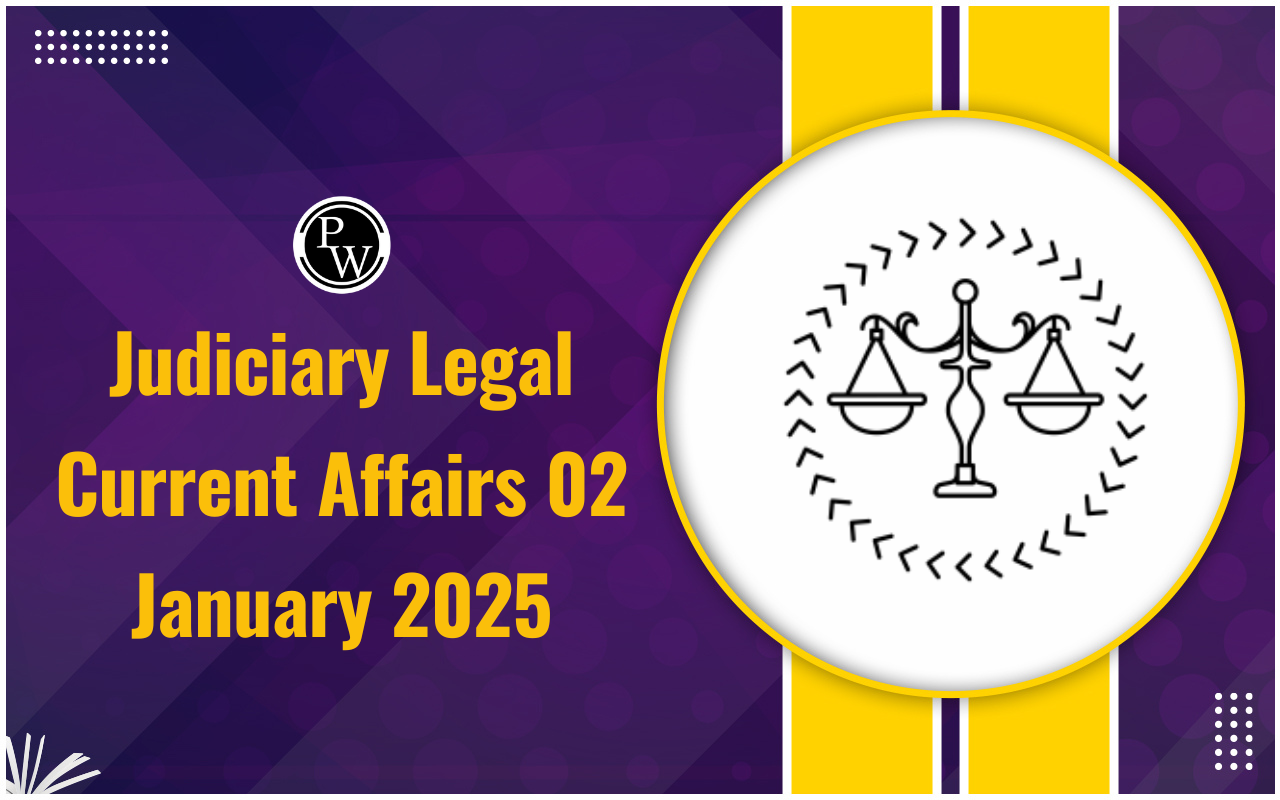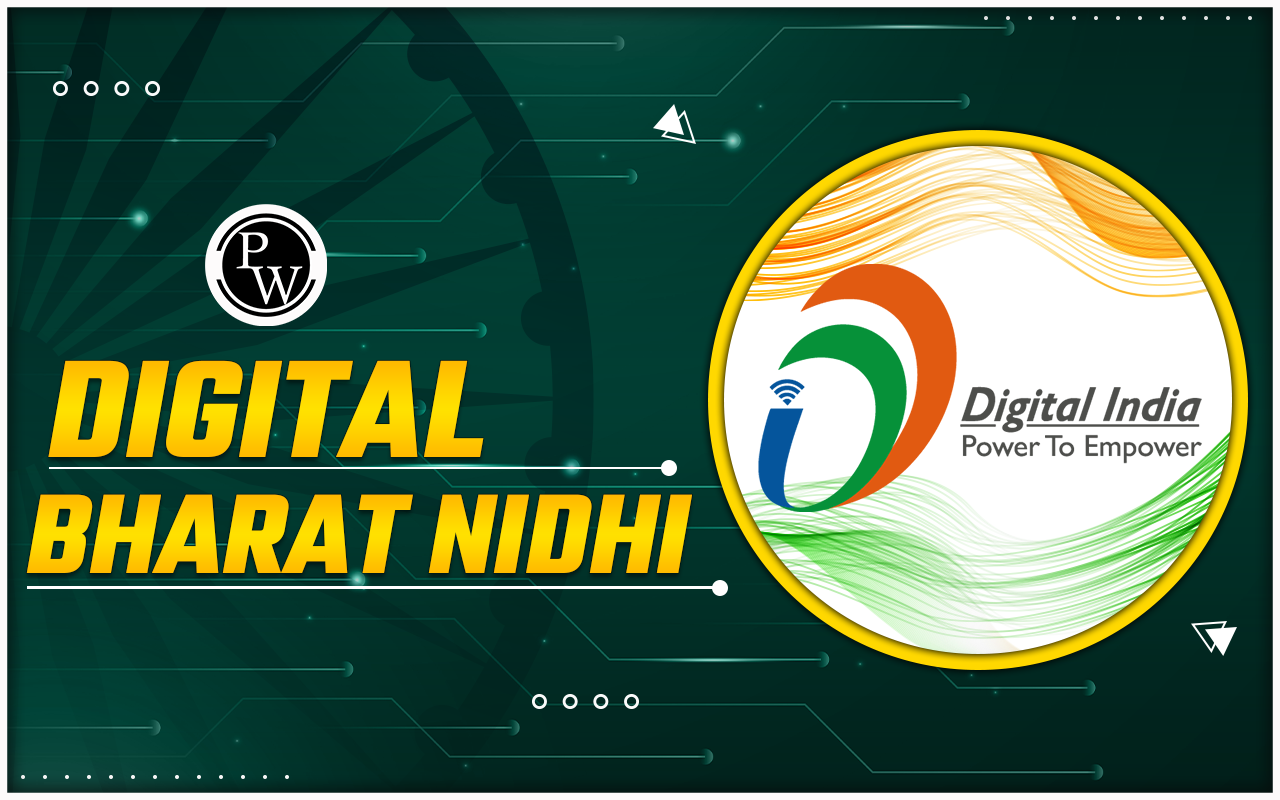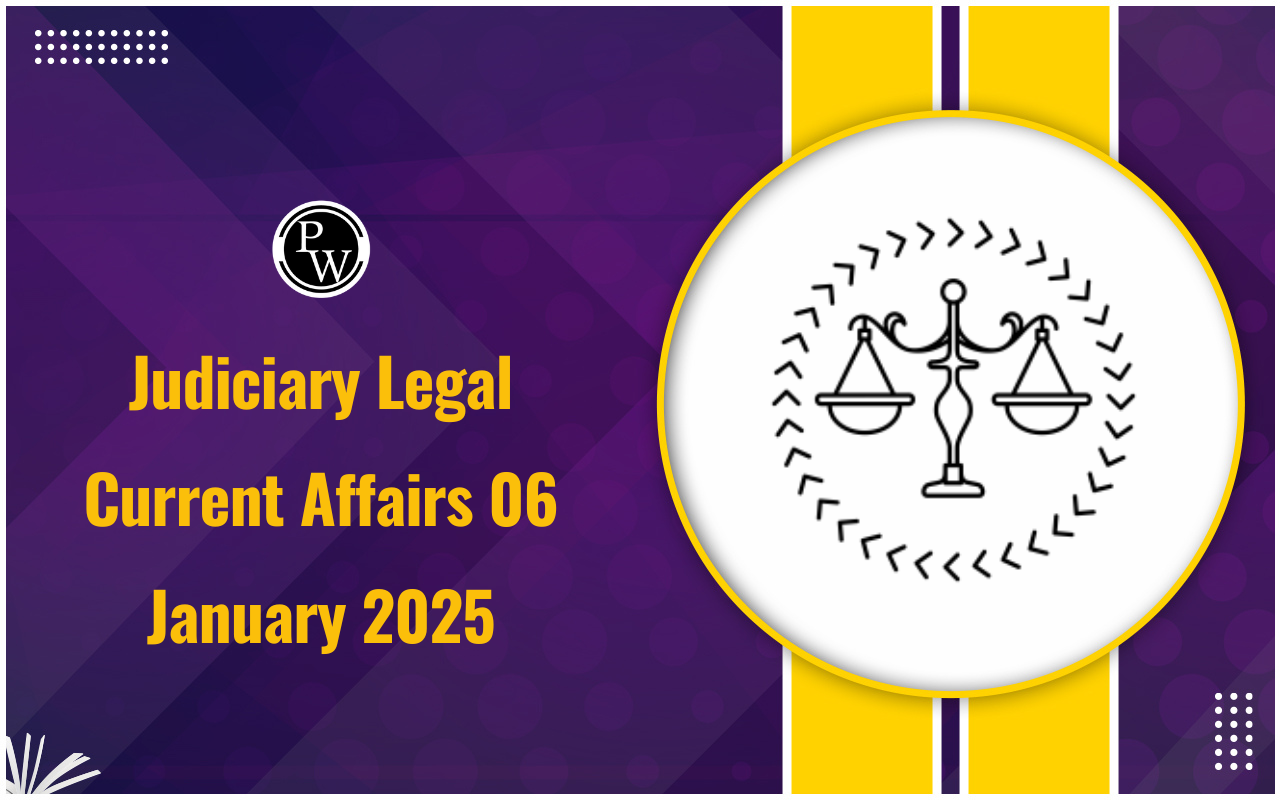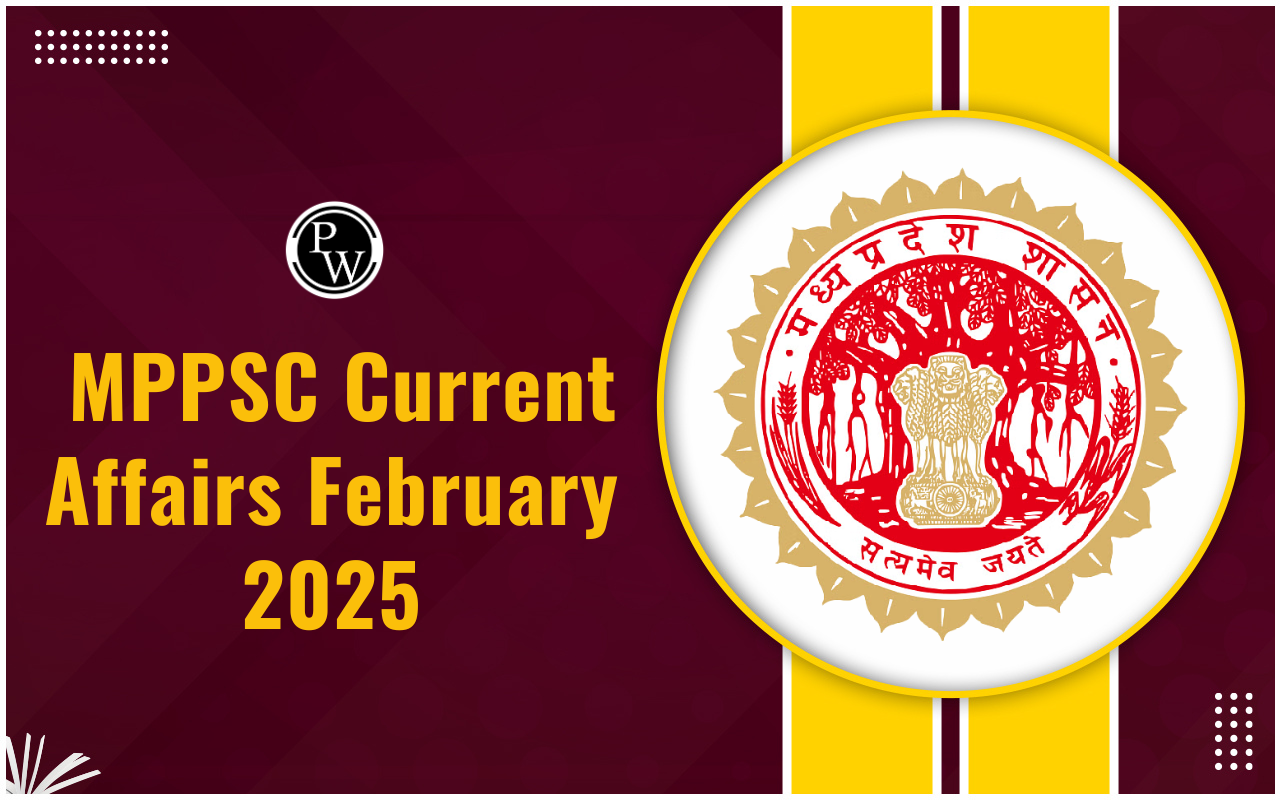
Recent Banking Reforms in India: Recent Reforms in Indian financial and banking sector are important in every exam. Bank Exams covers this topic in depth. There are lessons to be learned from the introduction of Recent Banking Reforms in India. Banking services are an integral part of every country. They provide a basis for transferring money. Depositors deposit their money. The bank gives these deposits to borrowers against interest. The bank thus earns and pays a share to savers.
The system is necessary for economic growth. It puts money where it is needed. It is used in companies by companies or individuals. This also leads to an increase in demand. Banks also encourage people to save. They keep money in these institutions for safety and to earn interest. It helps promote white money. In addition, it leads to digitization. Reforms in the Indian banking sector will improve this system. Recent reforms in the Indian banking sector are boosting economic growth.Recent Banking Reforms in India
Banking sector reform refers to stages and changes in banking operations or rules. The purpose of these changes is to improve the system. It enables adoption of latest technologies and techniques and easy access to banking.- Reforms are changes made by government agencies. These Indian banking sector reforms cover all the changes that have taken place over the years.
- These changes will help inform banks. It could be the introduction of technology or the latest international standards.
- Reforms in the banking sector in India are an ongoing process. New practices are introduced regularly. It facilitates banking services.
- Accessibility is also the goal of these reforms. An important goal is to involve all sectors and people. Banks in India should operate in rural and remote areas.
- The government often implements reforms in the banking sector in India. The Reserve Bank of India plays a central role. It is the board of all banks. Councilors of the Government and RBI formulate policies to ensure the development of the banking sector.
What Are The Recent Banking Reforms in India?
- Consolidation in public sector banking.
- Emergence of private banks, specialized non-banking financial companies (NBFCs) and an emerging fintech ecosystem.
- Disposal of Non-Performing Assets (NPA) issued by banks.
- Internal periods have become a source of growth capital.
- Healthy forecasts for loan growth in the coming years due to lower capital costs.
- A shift away from the "brick and mortar" model to the adoption of cutting-edge technology.
- Implementation of Technology;
- General coverage of banking through Jan Dhan.
- Extensive use of technology is observed in the delivery of financial services through digital channels.
- Several examples like mobile banking apps, retail electronic money transfer, UPI, Aadhaar e-KYC, Bharati bill payment system, scan and pay and
- digital prepaid instruments.
- The emergence of public financial platforms.
- The Role of Artificial Intelligence (AI) in Banking Sector Reforms in India: Banks are moving towards a knowledge-based system enabled by AI and cognitive computing.
- AI functions can help banks personalize customer engagement and improve their ability to better understand their customers.
Importance of Recent Banking Reforms in India
- Need for effective management: The era of digital banking brings with it increasing responsibilities for effective handling of customer complaints.
- Quick problem solving: As part of banking sector reforms in India, banks must implement systems that can quickly address and resolve customer problems to ensure smooth delivery of banking services.
- Implementation of security measures: These digital challenges require banks to implement strong security measures and regulatory frameworks to protect both customers and the financial system.
- Need for strong risk management practices: Carbon reduction initiatives offer opportunities to trade in renewable energy, green hydrogen and green products, and banks are expected to be key financiers in the fight against climate change, requiring strong risk management practices.
- Improve human resources: Banks and financial institutions must attract, train and retain talent while promoting adaptability and capability.
- More research and innovation: Financial institutions should allocate resources to research and adopt innovative approaches to achieve free service delivery and adapt products to individual preferences. The need for good governance. Management remains the foundation of organizations and is critical to maintaining economic stability.
Recent Banking Reforms Challenges
- Emerging loopholes: Rapid technological development and structural changes in banking sector reforms in India have created “regulatory blind spots” and vulnerabilities that have led to various loopholes such as unregulated digital lending against cryptocurrencies and cyber attacks.
- Additional Responsibilities: Ensure critical support infrastructure is in place for secure payment and payment system, ATMs, Online/Mobile Banking, Administration, Cyber Security Risk Management and Customer Complaint Response.
- Climate change: Banks must also consider the new risk associated with climate change, which is difficult due to a lack of clear methodology and sufficient data.
- Human Resource Quality: In a dynamic and rapidly changing environment, skill gaps are growing.
Recent Banking Reforms in India FAQs
Q1. Is Having the knowledge of Recent Banking Reforms in India necessary for Bank Exams?
Ans. Yes, Recent Reforms in Indian financial and banking sector are important in every exam. Bank Exams covers this topic in depth.
Q2 .What are the Recent Banking Reforms in Indian?
Ans. Consolidation in public sector banking.
Emergence of private banks, specialized non-banking financial companies (NBFCs) and an emerging fintech ecosystem.
Disposal of Non-Performing Assets (NPA) issued by banks.
Internal periods have become a source of growth capital.
Healthy forecasts for loan growth in the coming years due to lower capital costs.
A shift away from the "brick and mortar" model to the adoption of cutting-edge technology.
Q3. What are the Importance of Recent Banking Reforms in India?
Ans. You can get the details of the Recent Banking reforms in India.
Q4. What are the Challenges of Recent Banking Reforms in India?
Ans. Emerging loopholes: Rapid technological development and structural changes in banking sector reforms in India have created “regulatory blind spots” and vulnerabilities that have led to various loopholes such as unregulated digital lending against cryptocurrencies and cyber attacks.
Additional Responsibilities: Ensure critical support infrastructure is in place for secure payment and payment system, ATMs, Online/Mobile Banking, Administration, Cyber Security Risk Management and Customer Complaint Response.
Climate change: Banks must also consider the new risk associated with climate change, which is difficult due to a lack of clear methodology and sufficient data.
Human Resource Quality: In a dynamic and rapidly changing environment, skill gaps are growing.
🔥 Trending Blogs
Talk to a counsellorHave doubts? Our support team will be happy to assist you!

Free Learning Resources
PW Books
Notes (Class 10-12)
PW Study Materials
Notes (Class 6-9)
Ncert Solutions
Govt Exams
Class 6th to 12th Online Courses
Govt Job Exams Courses
UPSC Coaching
Defence Exam Coaching
Gate Exam Coaching
Other Exams
Know about Physics Wallah
Physics Wallah is an Indian edtech platform that provides accessible & comprehensive learning experiences to students from Class 6th to postgraduate level. We also provide extensive NCERT solutions, sample paper, NEET, JEE Mains, BITSAT previous year papers & more such resources to students. Physics Wallah also caters to over 3.5 million registered students and over 78 lakh+ Youtube subscribers with 4.8 rating on its app.
We Stand Out because
We provide students with intensive courses with India’s qualified & experienced faculties & mentors. PW strives to make the learning experience comprehensive and accessible for students of all sections of society. We believe in empowering every single student who couldn't dream of a good career in engineering and medical field earlier.
Our Key Focus Areas
Physics Wallah's main focus is to make the learning experience as economical as possible for all students. With our affordable courses like Lakshya, Udaan and Arjuna and many others, we have been able to provide a platform for lakhs of aspirants. From providing Chemistry, Maths, Physics formula to giving e-books of eminent authors like RD Sharma, RS Aggarwal and Lakhmir Singh, PW focuses on every single student's need for preparation.
What Makes Us Different
Physics Wallah strives to develop a comprehensive pedagogical structure for students, where they get a state-of-the-art learning experience with study material and resources. Apart from catering students preparing for JEE Mains and NEET, PW also provides study material for each state board like Uttar Pradesh, Bihar, and others
Copyright © 2025 Physicswallah Limited All rights reserved.
Get App









